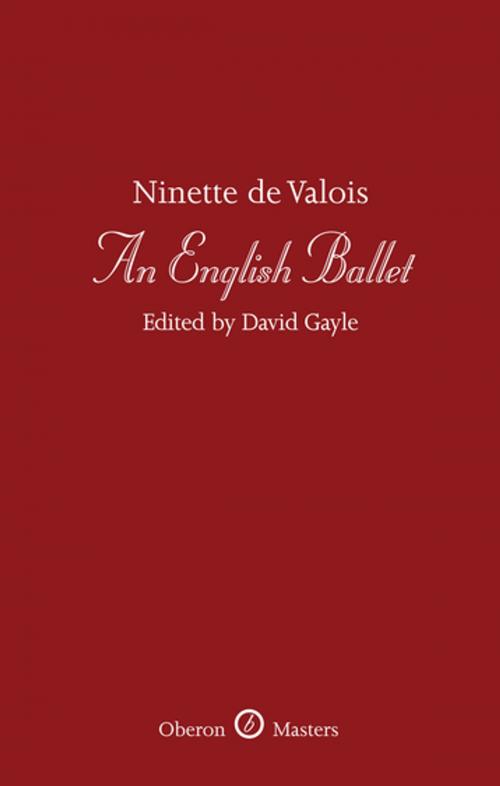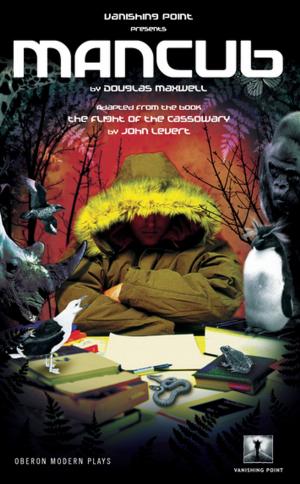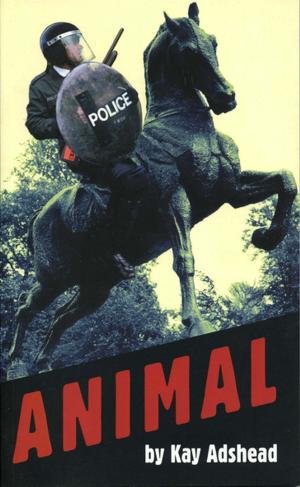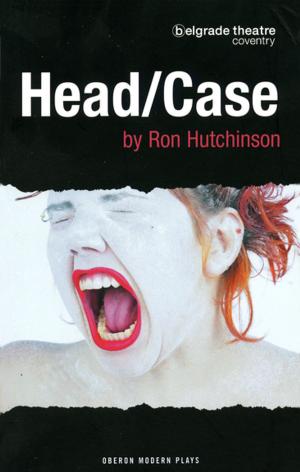An English Ballet
A Tribute to Ninette de Valois
Nonfiction, Entertainment, Dance, Classical, Performing Arts, Drama| Author: | Ninette de Valois | ISBN: | 9781849433273 |
| Publisher: | Oberon Books | Publication: | June 18, 2012 |
| Imprint: | Oberon Books | Language: | English |
| Author: | Ninette de Valois |
| ISBN: | 9781849433273 |
| Publisher: | Oberon Books |
| Publication: | June 18, 2012 |
| Imprint: | Oberon Books |
| Language: | English |
Ninette de Valois was an extraordinary woman. Not only did she create The Royal Ballet, The Royal Ballet School and the company that has become Birmingham Royal Ballet – in themselves great achievements – but she was a gifted choreographer, dancer, teacher, administrator, speaker and writer. She also identified and developed so many of the talented dancers, choreographers and teachers who went onto make Britain a world leader in ballet and dance.
During the 50th Anniversary Celebrations of The Royal Ballet in 1981, Ninette de Valois accepted an invitation to speak to the Yorkshire Ballet Seminars. In that illuminating talk, printed here for the first time, she focuses on what ‘English Ballet’ is. Combined with her 1955 article, Some Problems of Ballet Today, and Sir Peter Wright’s fascinating Madam’s Memorial Address, this volume raises questions as meaningful today as they were when de Valois first addressed them. In an increasingly connected dance world, what does it mean to have a national style? Why is a national style important? How might a national style be identified, developed and nurtured? This volume provides thought-provoking and fascinating reading for all lovers of ballet, dance and art.
‘Madam’s voice comes across... her no nonsense advice and instinctive reactions which she passionately believed in and which she used to form The Royal Ballet School and The Royal Ballet company. You get a clear sense that the threads of her advice are fully knitted within the school and company and remain there to this day.’ – balletnews.co.uk
‘Full of wise reflection and vigorous advice... Likewise, Sir Peter’s eloquent tribute provides reminders of Madam’s own contribution to that “English style”’ – Dancing Times
‘Raises thoughtful, still relevant questions... a neat way of presenting de Valois’s life, work and philosophy from a multiplicity of angles.’ – The Stage
Ninette de Valois was an extraordinary woman. Not only did she create The Royal Ballet, The Royal Ballet School and the company that has become Birmingham Royal Ballet – in themselves great achievements – but she was a gifted choreographer, dancer, teacher, administrator, speaker and writer. She also identified and developed so many of the talented dancers, choreographers and teachers who went onto make Britain a world leader in ballet and dance.
During the 50th Anniversary Celebrations of The Royal Ballet in 1981, Ninette de Valois accepted an invitation to speak to the Yorkshire Ballet Seminars. In that illuminating talk, printed here for the first time, she focuses on what ‘English Ballet’ is. Combined with her 1955 article, Some Problems of Ballet Today, and Sir Peter Wright’s fascinating Madam’s Memorial Address, this volume raises questions as meaningful today as they were when de Valois first addressed them. In an increasingly connected dance world, what does it mean to have a national style? Why is a national style important? How might a national style be identified, developed and nurtured? This volume provides thought-provoking and fascinating reading for all lovers of ballet, dance and art.
‘Madam’s voice comes across... her no nonsense advice and instinctive reactions which she passionately believed in and which she used to form The Royal Ballet School and The Royal Ballet company. You get a clear sense that the threads of her advice are fully knitted within the school and company and remain there to this day.’ – balletnews.co.uk
‘Full of wise reflection and vigorous advice... Likewise, Sir Peter’s eloquent tribute provides reminders of Madam’s own contribution to that “English style”’ – Dancing Times
‘Raises thoughtful, still relevant questions... a neat way of presenting de Valois’s life, work and philosophy from a multiplicity of angles.’ – The Stage















